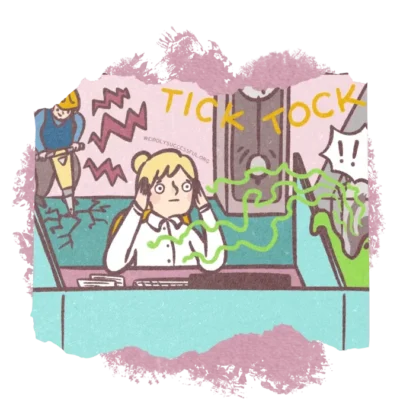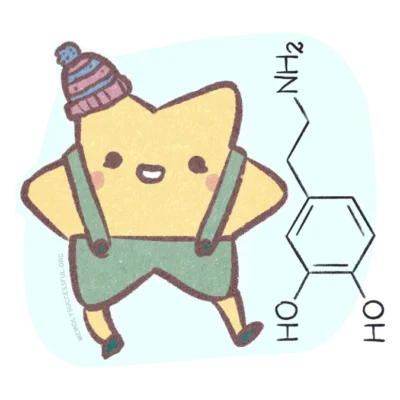habituation
Habituation is a biological reaction mechanism where if a non-threatening stimuli keeps repeating, the response to it lowers over time. In neurodivergence, the brain's reduced capacity for habituation means we can't "tune out" unimportant stimuli, which leads to sensory difficulties and sensory overwhelm.



